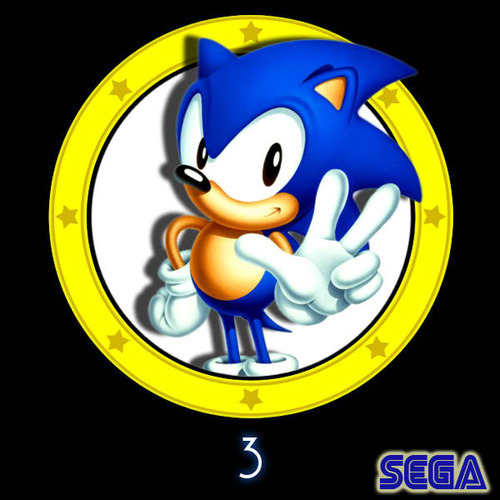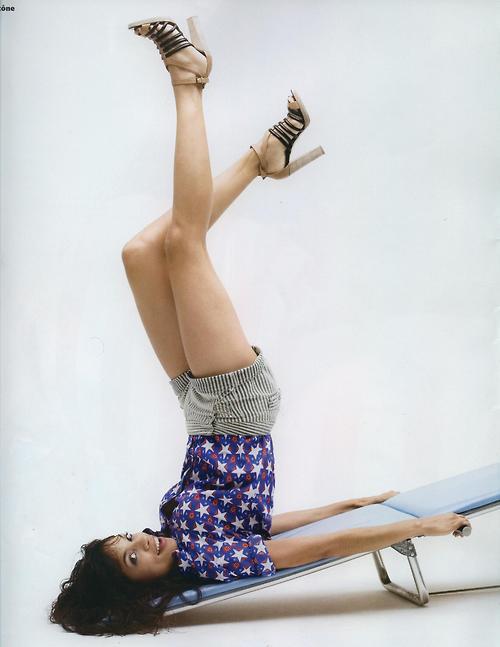Post by Deleted on Feb 15, 2017 22:00:43 GMT -5
Was just curious to see if anyone else here has been watching this and what they think of it. Personally, I thought this was gonna be bad just from the concept, but Chris Hardwick actually has made this show likable. Plus it's far better than recent game shows NBC tried like Deal or No Deal and Who's Still Standing.
For those who don't know, here's TVTropes explaining the game:
For those who don't know, here's TVTropes explaining the game:
The first round is a qualifier round called Free Fall; a couple is asked five questions with two answers each. On each question, three balls are released, and the players have until all three balls land in slots to lock in. If they answer correctly, the contestants bank the amounts that the three balls landed in (arranged Plinko style, with higher amounts near the middle). If they're wrong, the amounts are deducted instead. The only requirement is that the contestants must end the round with a at least $1 in their bank in order to continue to the next round.
For the main game, half of the couple is put in a Sound Proof Booth behind the Wall, and two "free" green balls are released to add money to the bank. Three more balls are dropped afterward, but whether they add or subtract from the pot is determined by whether the contestant in isolation correctly answers the corresponding multiple-choice question. Before each question, the player outside is shown the three possible answers, and can choose which of the seven tubes at the top of the board the balls are launched from. This time around, lower values are primarily near the left of the board, and higher values (including $250,000) are near the right — so the contestant must choose a tube accordingly based on their confidence in the possible question. The isolated contestant is not informed of whether they answered correctly, nor the status of their bank. On the second and third questions, the outside contestant can also choose to drop 2 and 3 balls respectively. Regardless of performance, two red balls are played at the end of the round.
This is followed by a second round played the same, except that there are four free green balls, four choices per-question, and increased dollar amounts on the board (topping out at $1,000,000), but also four red balls released after the final question. Near the end of the final round, the isolated player is given a choice between taking the bank (which could be a major payout, or even nothing), or a buyout of $20,000 for each question they answered correctly plus the money earned in Free Fall, by signing a contract sent into the booth via pneumatic tube.
For the main game, half of the couple is put in a Sound Proof Booth behind the Wall, and two "free" green balls are released to add money to the bank. Three more balls are dropped afterward, but whether they add or subtract from the pot is determined by whether the contestant in isolation correctly answers the corresponding multiple-choice question. Before each question, the player outside is shown the three possible answers, and can choose which of the seven tubes at the top of the board the balls are launched from. This time around, lower values are primarily near the left of the board, and higher values (including $250,000) are near the right — so the contestant must choose a tube accordingly based on their confidence in the possible question. The isolated contestant is not informed of whether they answered correctly, nor the status of their bank. On the second and third questions, the outside contestant can also choose to drop 2 and 3 balls respectively. Regardless of performance, two red balls are played at the end of the round.
This is followed by a second round played the same, except that there are four free green balls, four choices per-question, and increased dollar amounts on the board (topping out at $1,000,000), but also four red balls released after the final question. Near the end of the final round, the isolated player is given a choice between taking the bank (which could be a major payout, or even nothing), or a buyout of $20,000 for each question they answered correctly plus the money earned in Free Fall, by signing a contract sent into the booth via pneumatic tube.











